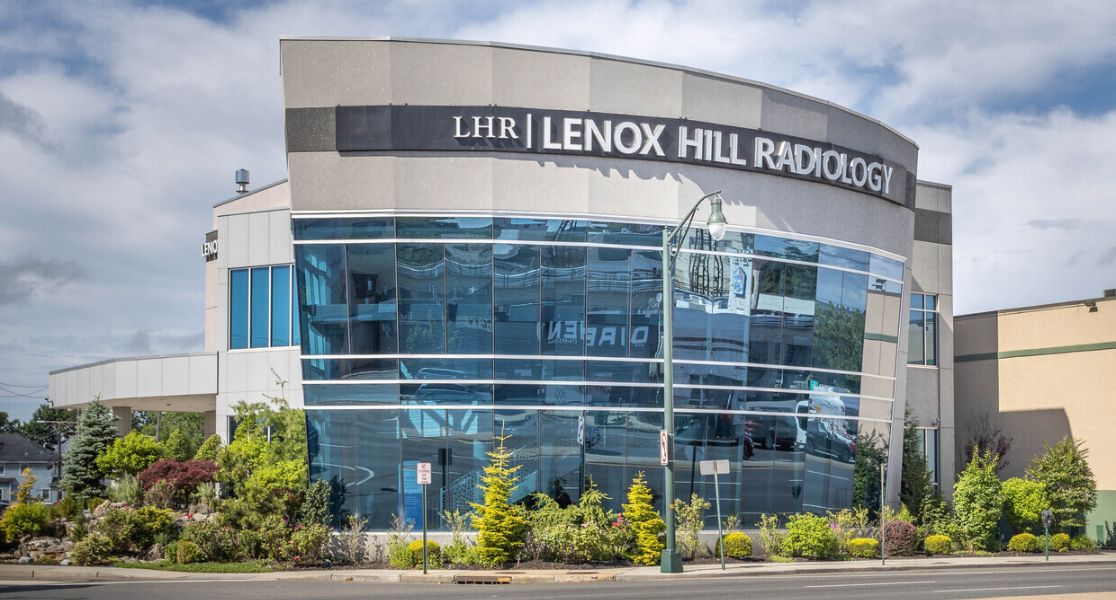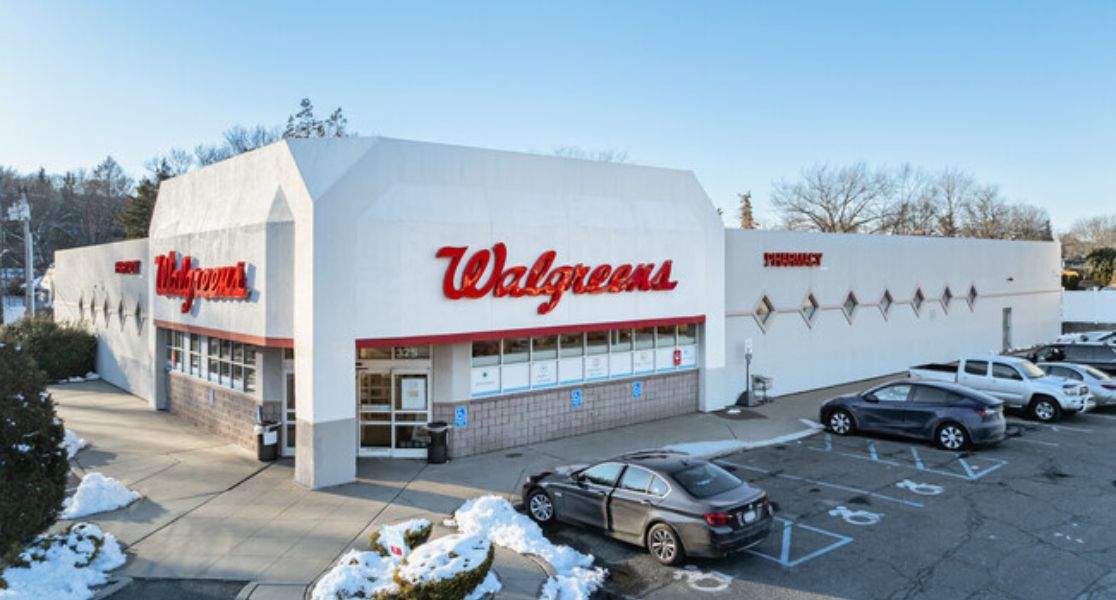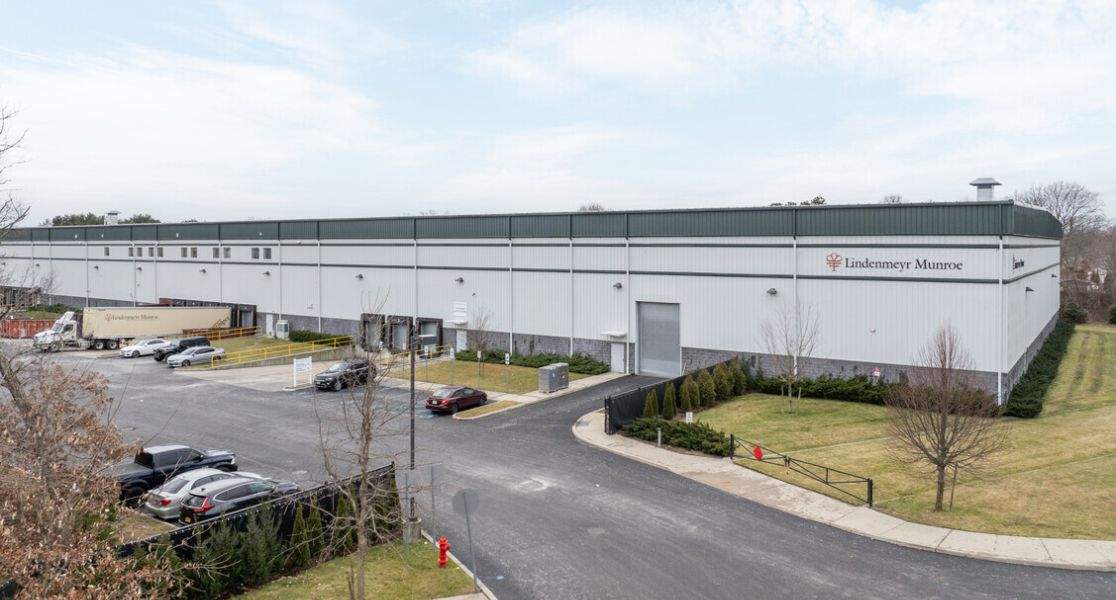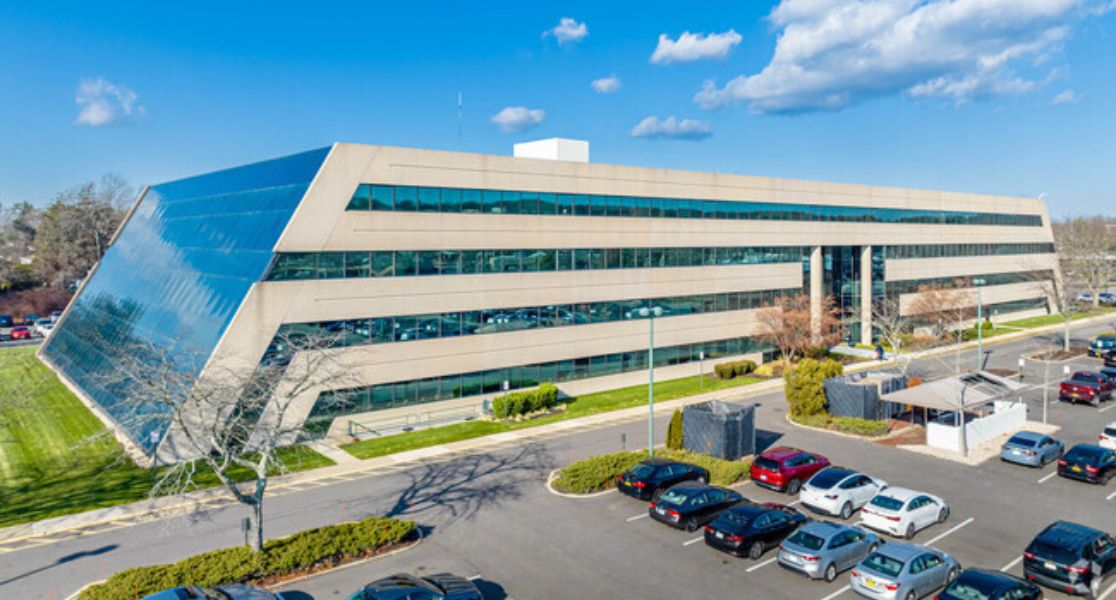 With recent talk about an impending increase in interest rates, much discussion is being had around the impact of rising interest rates and inflation on the commercial real estate markets. The worry is that rising rates will hurt growth for the owners of apartment buildings, office buildings, retail space, etc. as well as limit the demand from investors. This worry is due to the assumption that with higher interest rates, investors are less likely to see a property’s return as justifying the investment. But before you begin to experience any apprehension, keep in mind that rising interest rates don’t always mean losses for real estate property investments. Many commercial real estate properties have delivered solid returns even during periods of rising interest rates.
With recent talk about an impending increase in interest rates, much discussion is being had around the impact of rising interest rates and inflation on the commercial real estate markets. The worry is that rising rates will hurt growth for the owners of apartment buildings, office buildings, retail space, etc. as well as limit the demand from investors. This worry is due to the assumption that with higher interest rates, investors are less likely to see a property’s return as justifying the investment. But before you begin to experience any apprehension, keep in mind that rising interest rates don’t always mean losses for real estate property investments. Many commercial real estate properties have delivered solid returns even during periods of rising interest rates.
An important point to understand is what determines interest rates, and from there we can begin to understand why they raise and how this directly affects commercial real estate. Determined by two factors: inflation expectations and economic growth. These factors together set the supply and demand for credit. Interest rates rise only when the economy is strong or inflation is accelerating. When this occurs, investors are confident. The factors that push interest rates up are the same factors that push up investment values.
Remember that interest rates rise because of strong investment demand. And although it’s been a slow process, we are finally seeing signs of the economy changing for the better. If interest rates are increasing moderately, this then proves that the economy is actually beginning to strengthen which is a positive sign for commercial real estate. In fact, many economists believe that the growth next year will be the strongest its been since 2005. Also to mention, the unemployment rate is also at its lowest levels since 2008.
Looking at commercial real estate specifically and the effect of increasing interest rates, typically these properties provide good protection from inflation and historical research shows that commercial real estate does offer inflation protection. Property owners are able to increase their cash flow through rental increases determined by the lease terms, which enable the property values to remain stable. This also helps the property owner compensate for higher mortgage payments. As for Cap Rates, keep in mind that Cap Rates tend to rise with rising interest rates and fall with falling interest rates. Stronger economy drives up real estate prices, especially when the market is in strong demand. Having the ability to make cash flow changes, the results, even with raising interest rates, can be net positive.
Some may ask what role the Federal Reserve plays in interest rates. Of course, we know that the Fed can move short-term rates in the United States to where they need them to be, but long-term rates are set in global markets. When global investors are optimistic and are looking to borrow, and consumers are optimistic and are spending more, there is not much that the Fed can do to prevent long-term interest rates from rising. However, this again points to a strengthening economy, and the reality of the world becoming increasingly global.





